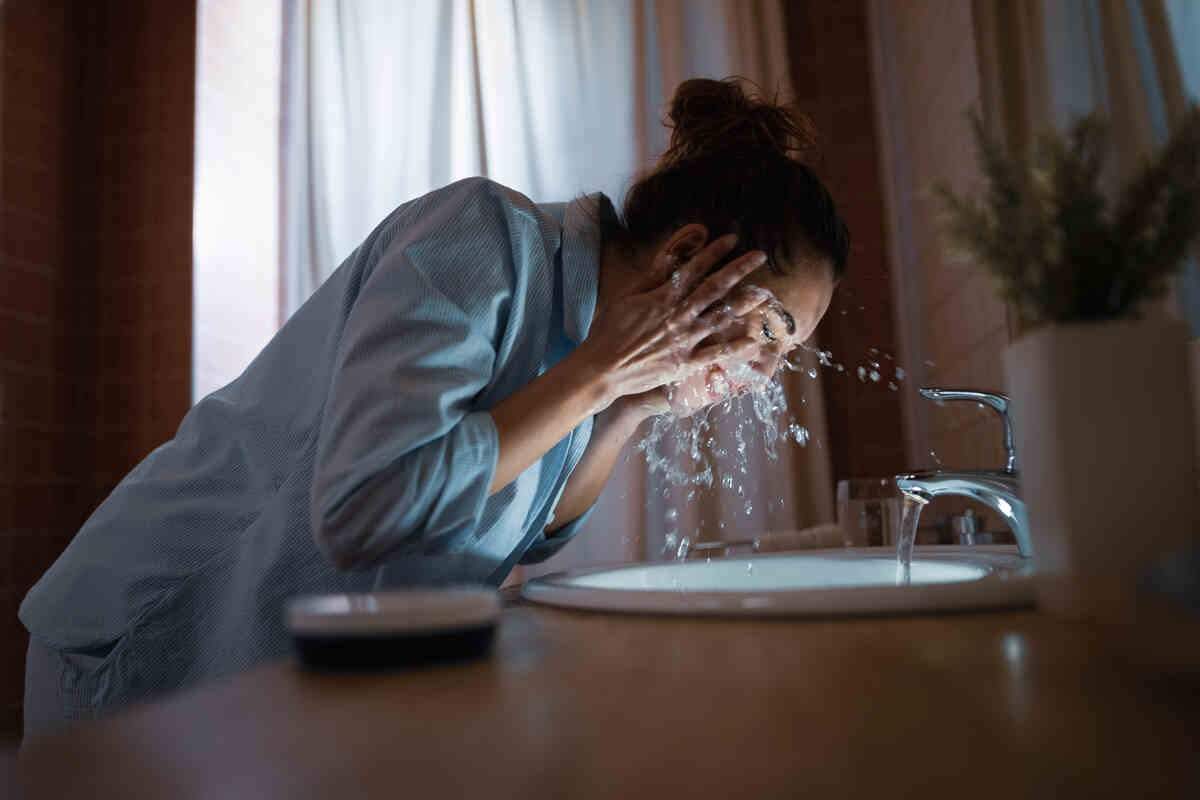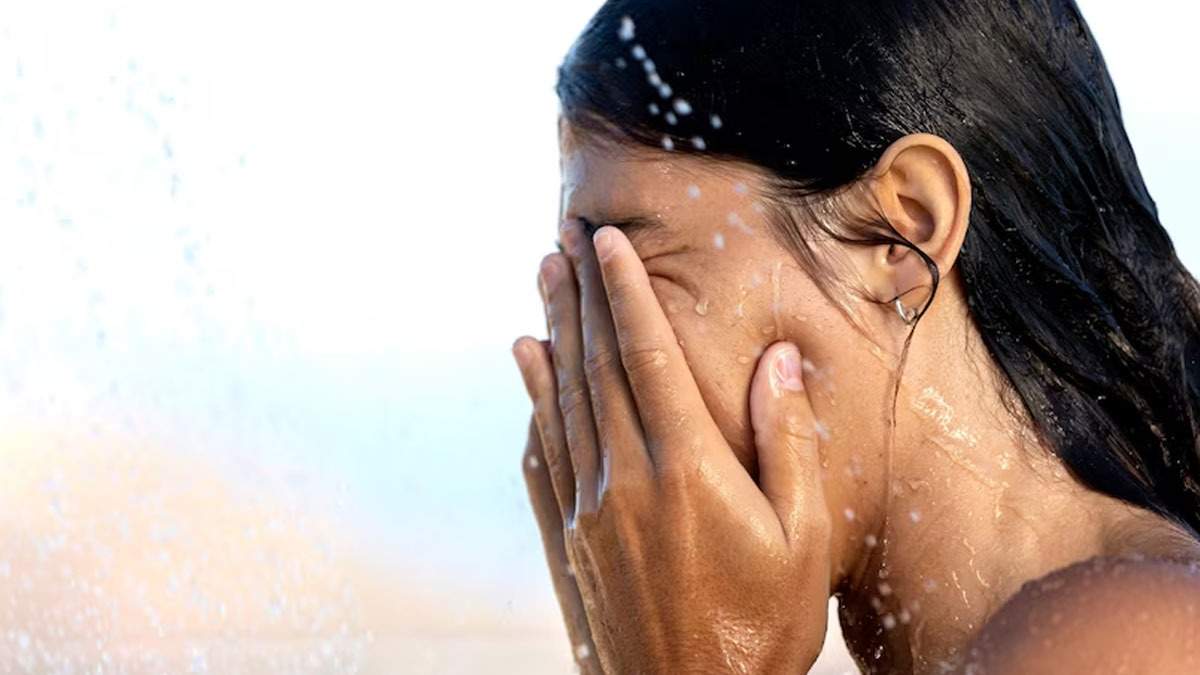Should You Rinse Your Eyes with Tap Water Each Morning? Expert Opinion Revealed
For many of us, washing our face is an essential part of our morning routine. To refresh the drowsy mood when you wake up from your deep sleep, washing your face can give a fresh start to the day. Along with washing the mouth, people have a habit of splashing water in their eyes to wash them. Although a common practice that may seem harmless, spraying tap water directly into your eyes can actually do more harm than good.

For many of us, washing our face is an essential part of our morning routine. To refresh the drowsy mood when you wake up from your deep sleep, washing your face can give a fresh start to the day. Along with washing the mouth, people have a habit of splashing water in their eyes to wash them. Although a common practice that may seem harmless, spraying tap water directly into your eyes can actually do more harm than good.

Tap water quality
First and foremost, the quality of tap water varies significantly depending on your location. Sharing her opinion, Dr. "In today's age, most households get bore water and even if municipal water is available, no one can guarantee how pure it is," said Agrawal. Even tap water in places that are generally safe to drink may contain impurities that can be harmful to your eyes. Tap water often contains chlorine, minerals and other chemicals used in the treatment process. While these substances are present in small amounts and are safe to drink, they can irritate the delicate tissues of your eyes.

Microbial contamination
Tap water is not sterile. It can harbor various microorganisms including bacteria, viruses and parasites. One of the most relevant is Acanthamoeba, a type of amoeba found in water and soil. According to studies, these microorganisms can cause Acanthamoeba keratitis, a serious eye infection that can lead to vision impairment or even blindness. Infection is rare but more likely to occur in individuals who expose their eyes to contaminated water.
foreign particles
Tap water may also contain small particles and sediment that are not visible to the naked eye but can cause significant irritation if they come into contact with the eyes. These particles can irritate the cornea, leading to discomfort and possible infection.
Better options
If looking for an alternative to clean the eyes, there are some eye drops with carboxymethylcellulose ingredient that clean the eyes and also do not harm the eyes.
You can use such eye drops on the advice of an eye specialist.
The advantage of using eye drops is that the eye drops are completely sterile, so no other impurities enter the eyes and the eyes also feel fresh.
Consult an eye care professional
If you experience frequent eye discomfort, it is best to consult an eye care professional. They can offer personalized advice and recommend appropriate treatment or hygiene practices.
